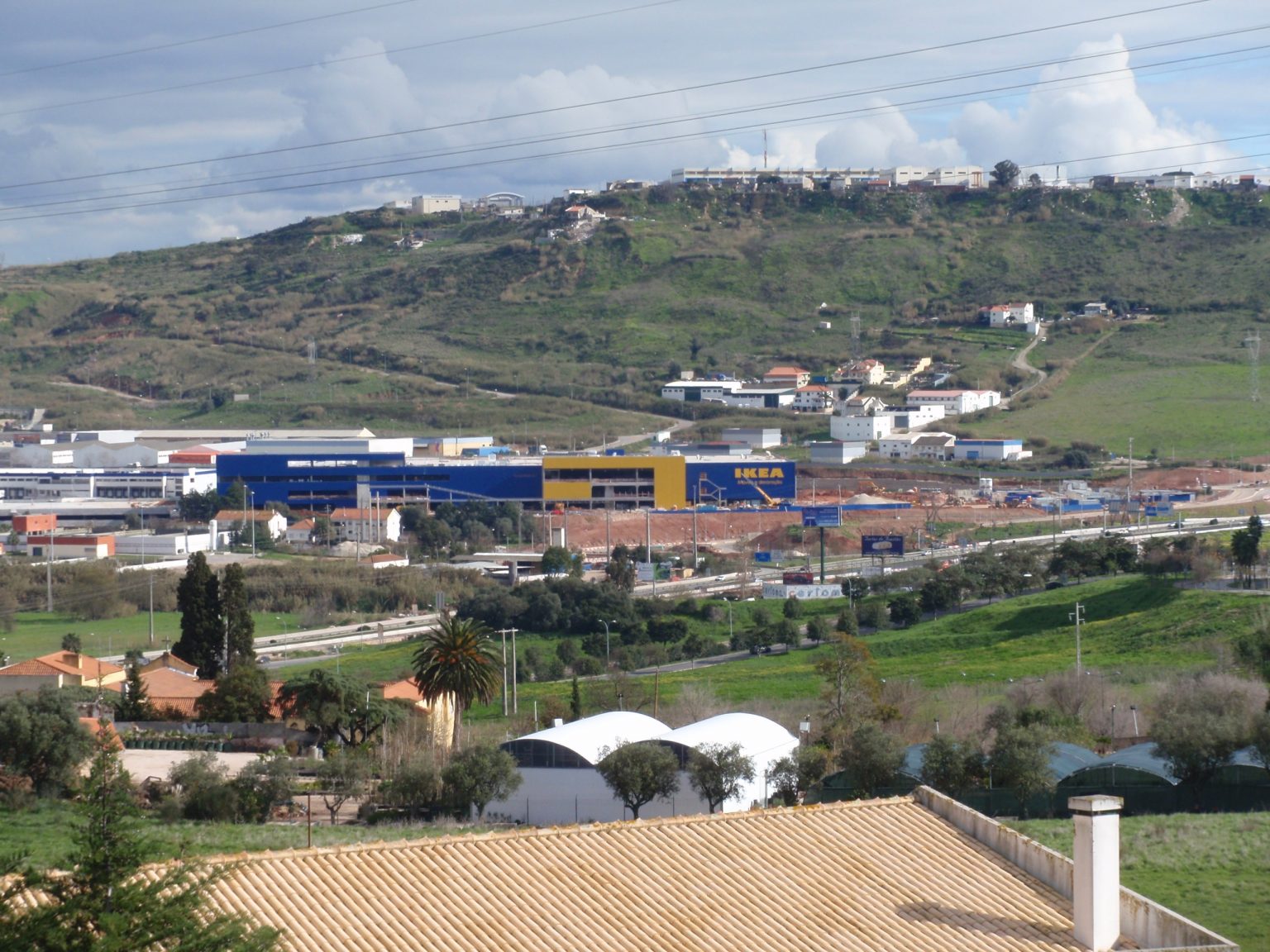It is not inequality or ownership over means of production that is the greatest problem in contemporary capitalist society. It is the competitive pursuit of profit – the pressure to constantly expand your turnover, sales, profits in ever-growing competition with others. This is what Albena Azmanova – an associate professor of Kent University and a leading British political theorist, believes. In a comprehensive interview, given to The Barricade’s Maria Cernat, Azmanova discusses her maverick ideas. The Barricade has previously published a review of Azmanova’s article ”Anti-Capital for the 21st Century (on the metacrisis of capitalism and the prospects for radical politics)” and on the ideas from her book “Capitalism on Edge”.
In this first part (out of three parts) of the interview, Azmanova speaks about her path from a young Bulgarian who reaches social maturity at the beginning of Bulgaria’s transition to the position of a leading Western scholar on political theory and capitalism. She introduces her understanding that competitive pursuit of profit is what makes capitalism precarious. If workers take control of the means of production, they will simply become part of the competitive pursuit of profit. So change should be looked for in other places. Also, the fight against inequality legitimises the rat race within which we look for inclusion. This is the paradox of emancipation in her view.
Economic crisis doesn’t automatically radicalise people to the left. If there is no plausible utopia, no common dream, they go to the right. Fear, precarity, insecurity make people become conservative, puts them at odds with change and moves them to the right. What follows is “our capitalism” (the one of traditionalists) against “their capitalism” (the one of cosmopolitans).
For Azmanova the solution to today’s problems of capitalism is not in utopia or revolution, but in small steps that allow us to have development, to de-commodify parts of our activity, to tame the competitive pursuit of profit. As for global development, Trump tries to slow down the pace of the global economy through prioritising national economy. But it is impossible to repatriate all industries home. What is more realistic is renegotiation of globalisation so that common standards that tame competition are upheld.
Azmanova thinks that the European Commission’s green deal is a sign that the powerful of today are ready for change: They pushed it through despite pressure from businesses, even against the pressure of trade unions, who are afraid that this is going to cost jobs. This is how ideas on humble and incremental change are not devoid of courage and optimism at all.
Photo: Pixabay, CC0
The Barricade is an independent platform, which is supported financially by its readers. Become one of them! If you have enjoyed reading this article, support The Barricade’s existence! We need you! See how you can help – here!










